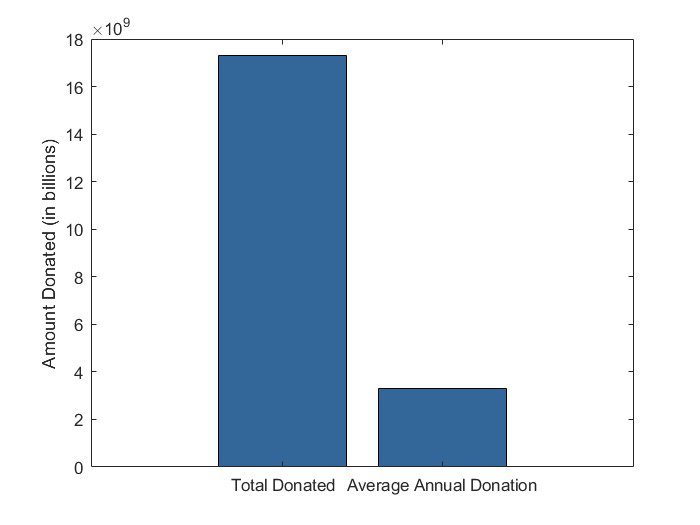MacKenzie Scott, the enigmatic billionaire philanthropist, continues to bewilder many with her unprecedented generosity, leaving a profound impact on the nonprofit sector. While the intricacies of her charitable endeavors remain shrouded in mystery, insights gleaned from recipients of her recent open call for nonprofits shed some light on her philanthropic approach.
Scott’s recent grants, unveiled in March, align closely with her established themes, emphasizing equity, justice, education, health, economic security, and opportunity. Notably, a slightly larger proportion of the latest grants were directed towards democracy-focused organizations, as highlighted by Gabrielle Fitzgerald, founder and CEO of Panorama Global.
Analyzing data from Scott’s Yield Giving website reveals that organizations centered on “race and ethnicity” and “youth development” emerged as the primary beneficiaries. Historically, Scott has favored nonprofits in the U.S. South, but the latest round of grants witnessed a notable shift, with California and New York leading in the number of recipient organizations.
While Scott’s monumental contributions, totaling over $17.3 billion to more than 2,300 nonprofits since 2019, have reverberated across the philanthropic landscape, questions persist regarding the sustainability of her giving model. Despite her immense wealth, estimated at approximately $37 billion, Scott remains tight-lipped about her philanthropic endeavors, sharing insights solely through essays on her website.

In a bid to broaden her impact, Scott introduced a groundbreaking initiative in collaboration with Lever for Change, inviting nonprofits to apply for $1 million grants. Despite stringent eligibility criteria, including annual budgets between $1 million and $5 million, the initiative garnered significant interest. Ultimately, Scott exceeded her initial pledge of $250 million, awarding a total of $640 million to 361 deserving nonprofits.
While Scott’s generosity has inspired many, concerns linger regarding the long-term sustainability of her gifts. Critics argue that unrestricted funding, while immensely beneficial, may not address the underlying operational needs of nonprofits, leaving them vulnerable in the absence of sustainable funding streams.
Pamala Wiepking, a professor at the Lilly Family School of Philanthropy at Indiana University, underscores the importance of fostering enduring relationships with grantees beyond monetary contributions. Despite Scott’s transformative impact, her approach lacks the depth of engagement advocated by proponents of trust-based philanthropy.
Elisha Smith Arrillaga, vice president at The Center for Effective Philanthropy, acknowledges Scott’s efforts to enhance transparency and accessibility through the recent open call for applications. However, she stresses the need for ongoing dialogue and support to maximize the effectiveness of philanthropic interventions.
As Scott continues to reshape the philanthropic landscape with her unprecedented giving, the nonprofit sector grapples with the evolving dynamics of unrestricted funding and the imperative of fostering sustainable partnerships. While Scott’s contributions rank among the largest in philanthropic history, the quest for enduring impact and lasting change remains paramount in the pursuit of social good.
Also read MacKenzie Scott philanthropic efforts:
MacKenzie Scott Philanthropy: Empowering Lives with a Human Touch
MacKenzie Scott Continues Generous Donations, Giving Away $2 Billion This Year
Billionaire Philanthropist MacKenzie Scott’s 6,000 Applications for $1 Million Grants

















